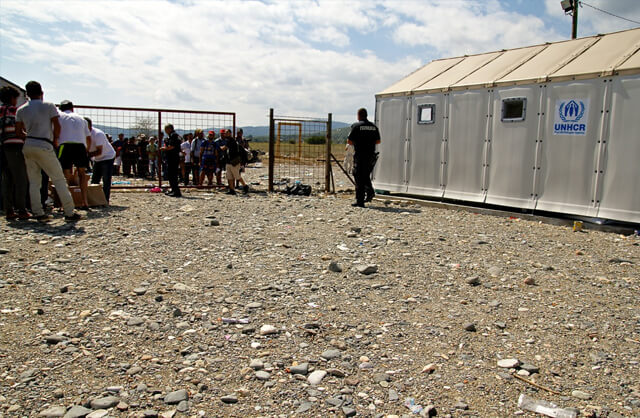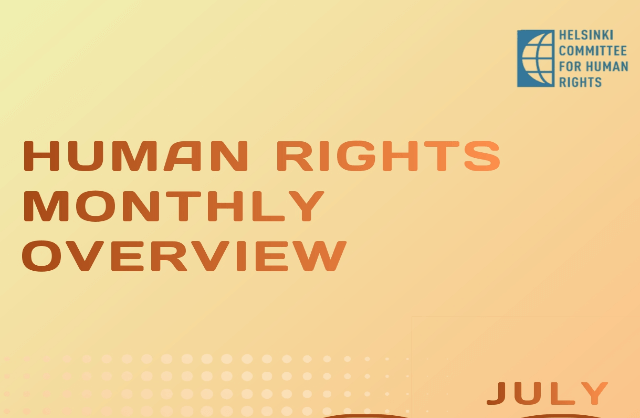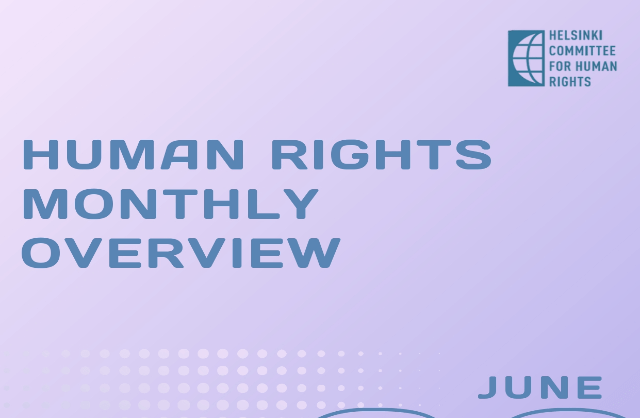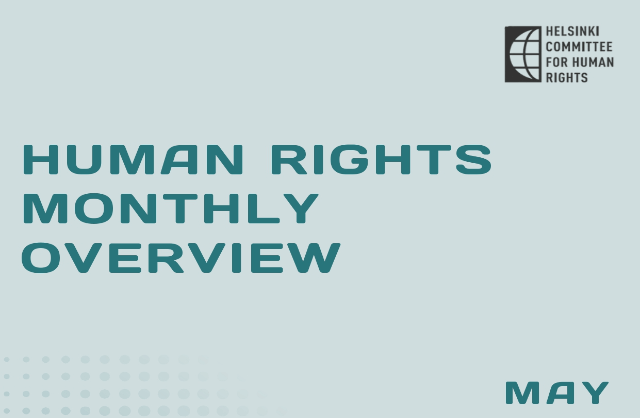The situation at the border crossings Gevgelija and Kumanovo for the period 02.11- 08.11.2015
November 10, 2015

The weekly report on the situation at the border crossings Gevgelija and Kumanovo includes the following topics: Available facilities and conditions at the camp and Institutional treatment.
Gevgelija
Available facilities and conditions in the camp
In the course of the week the presence of refugees significantly declined due to the strike of the Greek sailors and the halt in the ferry boat traffic.
Due the low night temperatures the refugees spend as little time in the camps as possible. Those who do stay the night rely on the campfires lit in the immediate vicinity of the camp to get warm. With the fall of the temperatures in the night hours, the need for warm clothes – especially clothes for small children – increases.
Apart from trains, the refugees also use taxis and busses as means of transport to the Serbian border.
The toilet for people with disabilities and the bathing room for children and babies in the camp have been put into operation.
Institutional treatment
The number of police officers on duty in the camp has significantly declined, i.e. it has been halved. This poses a problem in certain situations, since the number of officers on duty is not sufficient to maintain the order and provide guidance to increased number of refugees, as well as a guarantee for the safety of the volunteers and the organizations present on-field.
The conduct of the ticket collectors of Makedonski zheleznici (Macedonian Railroads) is adequate; moreover, when letting people on the trains, they give advantage to women and children. The misunderstandings regarding the prices of tickets and the payback of change when exchanging money in different currencies between refugees and ticket collectors, continue.
During the last days of the week, the members of the Special Support Unit replaced the presence of the Rapid Deployment Unit. No failures and irregularities in their actions were observed.
Kumanovo
Available facilities and conditions in the camp
Near the middle of this week, the camp was completely empty due to the strike of the Greek sailors. However, the situation changed after only two empty days, i.e. an increased number of refugees started arriving in the camp, and immediately moving on along their way.
Although most of the refugees try to make the most of the days and leave the camp without any delay, some of them who are travelling with children and are therefore bound to take rests, stay the nights, despite of the lack of heating in the camp.
The children’s village facility, which is under intensive, every-day construction, is being prepared in order for it to be put into operation as soon as possible.
Towards the end of the week there was visit by an UNCHR team from Geneva, who did on-field assessment of the capacities and needs of the camp in order to come up with ways how to help improve the conditions for the refugees.
Institutional treatment
Conflict and misunderstandings between refugees generally occur while food is being distributed, or while they are getting on the train. In cases when this leads to physical clashes, due to the insufficient presence of police, the activists and volunteers on field are forced to calm things down.

This report is made possible by the generous support of the Foundation Open Society Institute (FOSI) within the project „Improvement of the rights protection for migrants and asylum seekers in the Republic of Macedonia“. The contents are the responsibility of the Helsinki Committee for Human rights of the Republic of Macedonia and do not necessarily reflect the views of FOSI.


